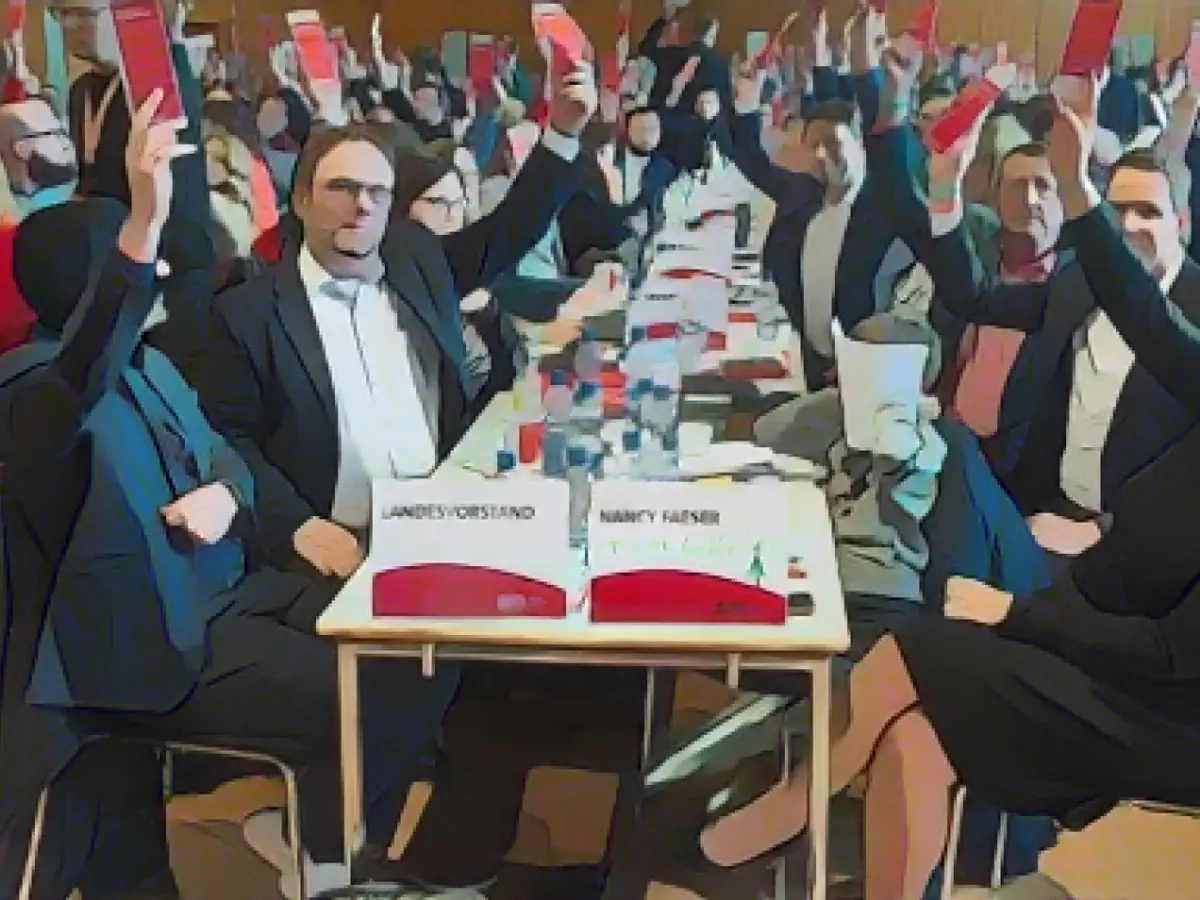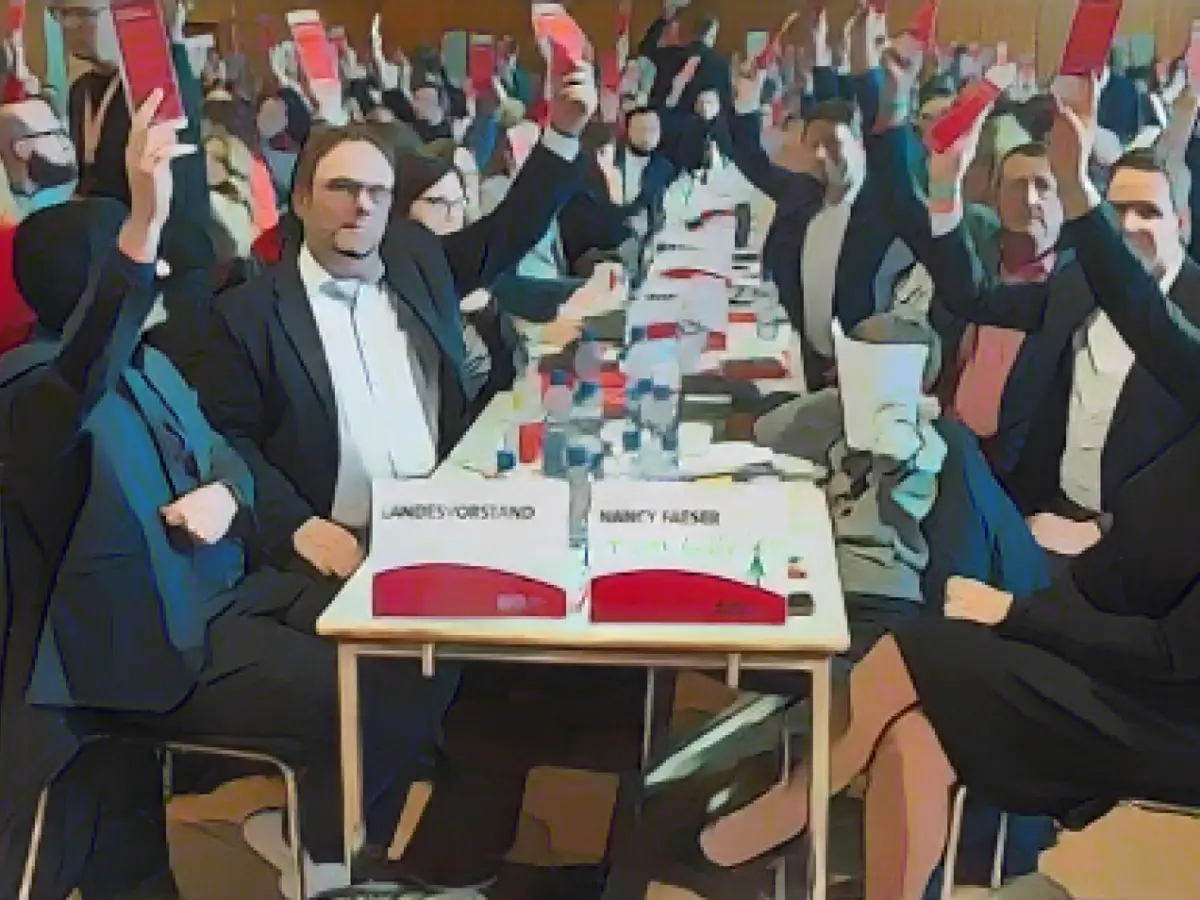Hesse's Coalition Agreement Nears Completion: CDU and SPD on a Roll
In a recent update, Minister President Boris Rhein (CDU) confirmed that Hesse's coalition negotiations between the CDU and SPD are progressing swiftly. The details are being refined, and the two parties are expected to vote on the agreement at their respective conferences on December 16. If all goes as planned, Rhein anticipates signing the coalition agreement on December 18.
Hesse has been under the leadership of a black-green government for the past decade. The CDU emerged as the clear victor in the October 8th state election, granting them flexibility to choose either the Greens or SPD as coalition partners. After conducting exploratory talks, the CDU opted to partner with the SPD instead of the Greens, marking a shift towards a black-red government. The Hessian state parliament is set to be inaugurated on January 18.
Rhein described the negotiations with the SPD as "constructive and exceptionally pleasant" in terms of atmosphere. The broad process, which involved around 200 participants in more than a dozen working groups, has proven its worth, he added. Instead of excluding a select few for the negotiations, the CDU relied on a diverse pool of suggestions, including those from mayors and district councillors.
Limiting Migration is the Key
When asked about the contents of the potential coalition agreement, Rhein referred to the key points paper authored by the CDU and SPD following the exploratory talks. The agreement includes commitments to limiting migration, creating more police jobs, and providing financial assistance for first-time homeowners. Additionally, a separate ministry for agriculture and forestry, as well as viticulture, hunting, and homeland, will be established.
Additional Insights:
Without explicit details from the sources, the following enrichment data can be inferred:
- Common Ground: The CDU and SPD are focusing on finding common ground in various policy areas, including possibly addressing the debt brake and other fiscal policies.
- Strategic Shift: Boris Rhein's strategy during the 2023 regional elections involved positioning himself between the SPD and the Greens, ultimately preferring to work with the SPD due to their willingness to negotiate and compromise.
- Coalition Challenges: The successful formation of the coalition and subsequent agreement hinges on the parties' ability to find compromise, given the shift of German conservatives under Friedrich Merz towards the right. This might make the negotiations more difficult.








